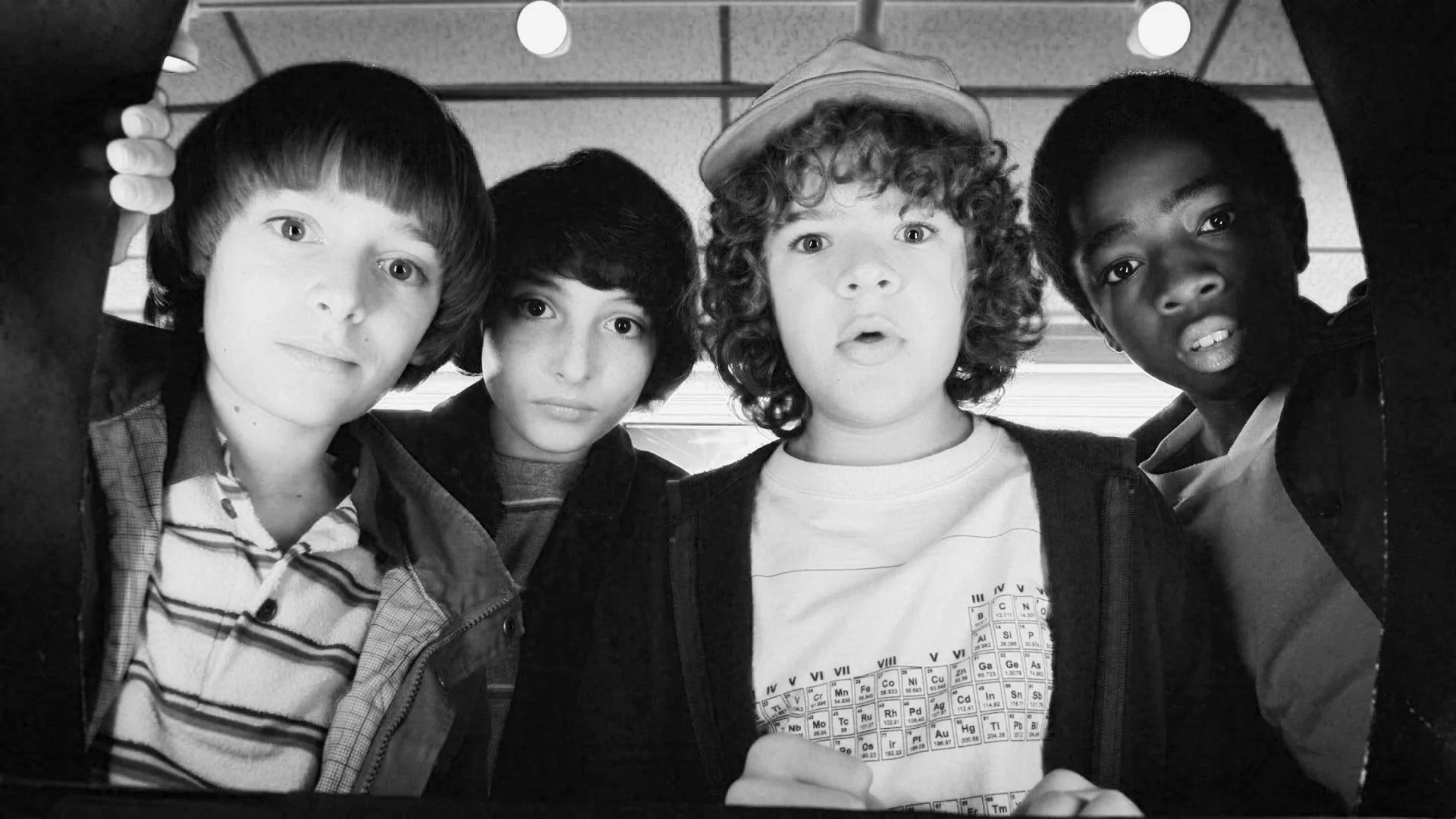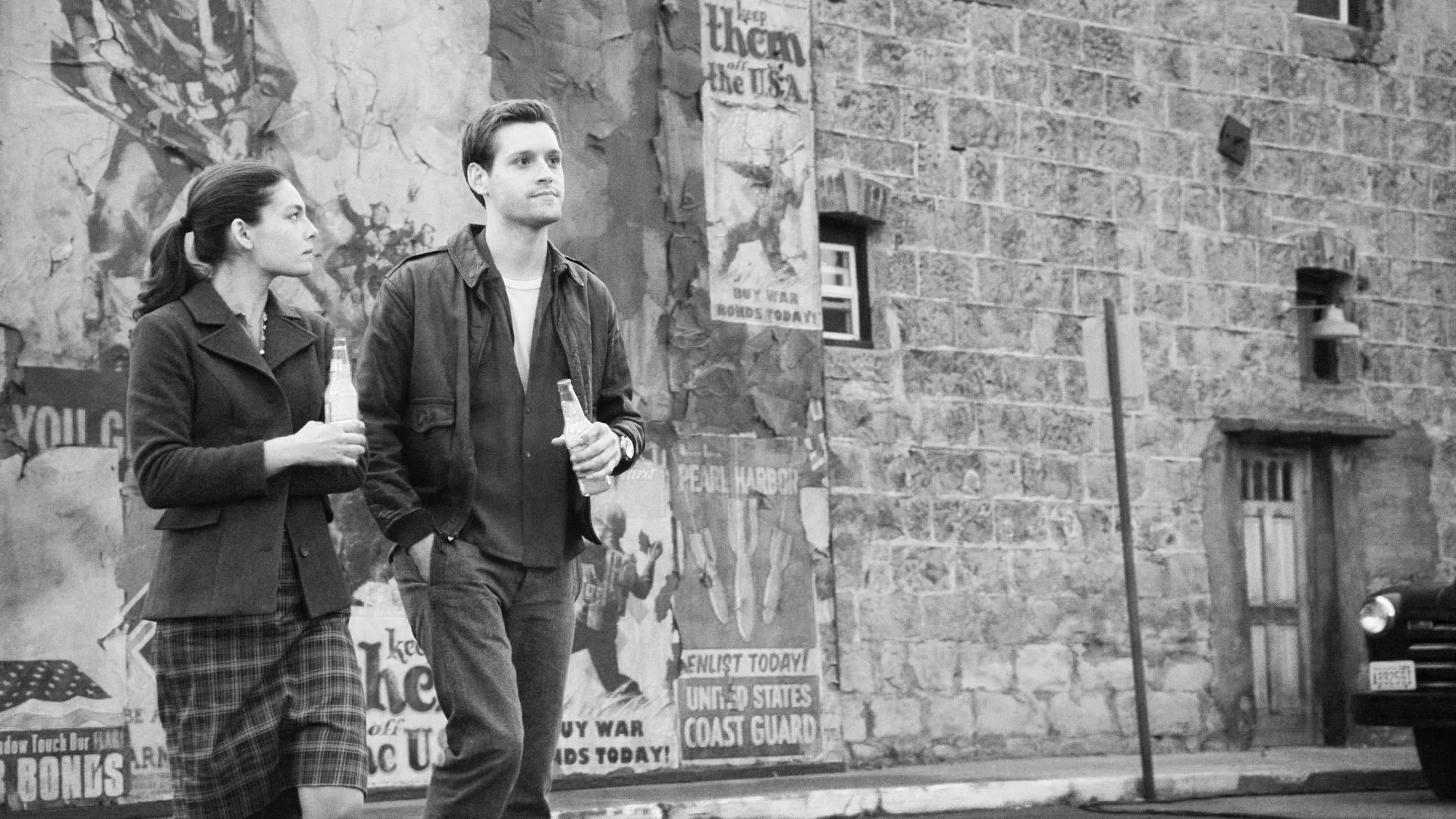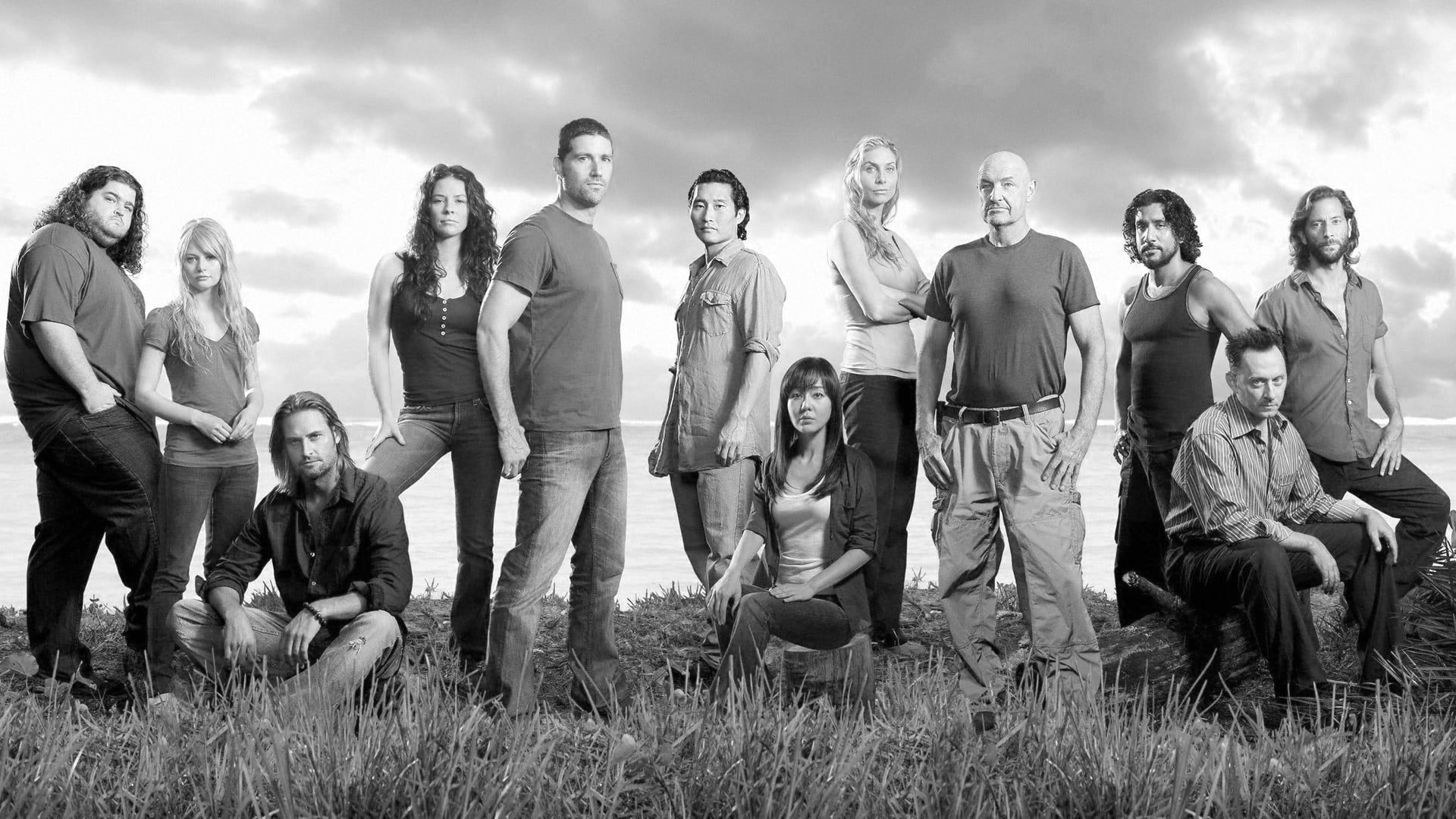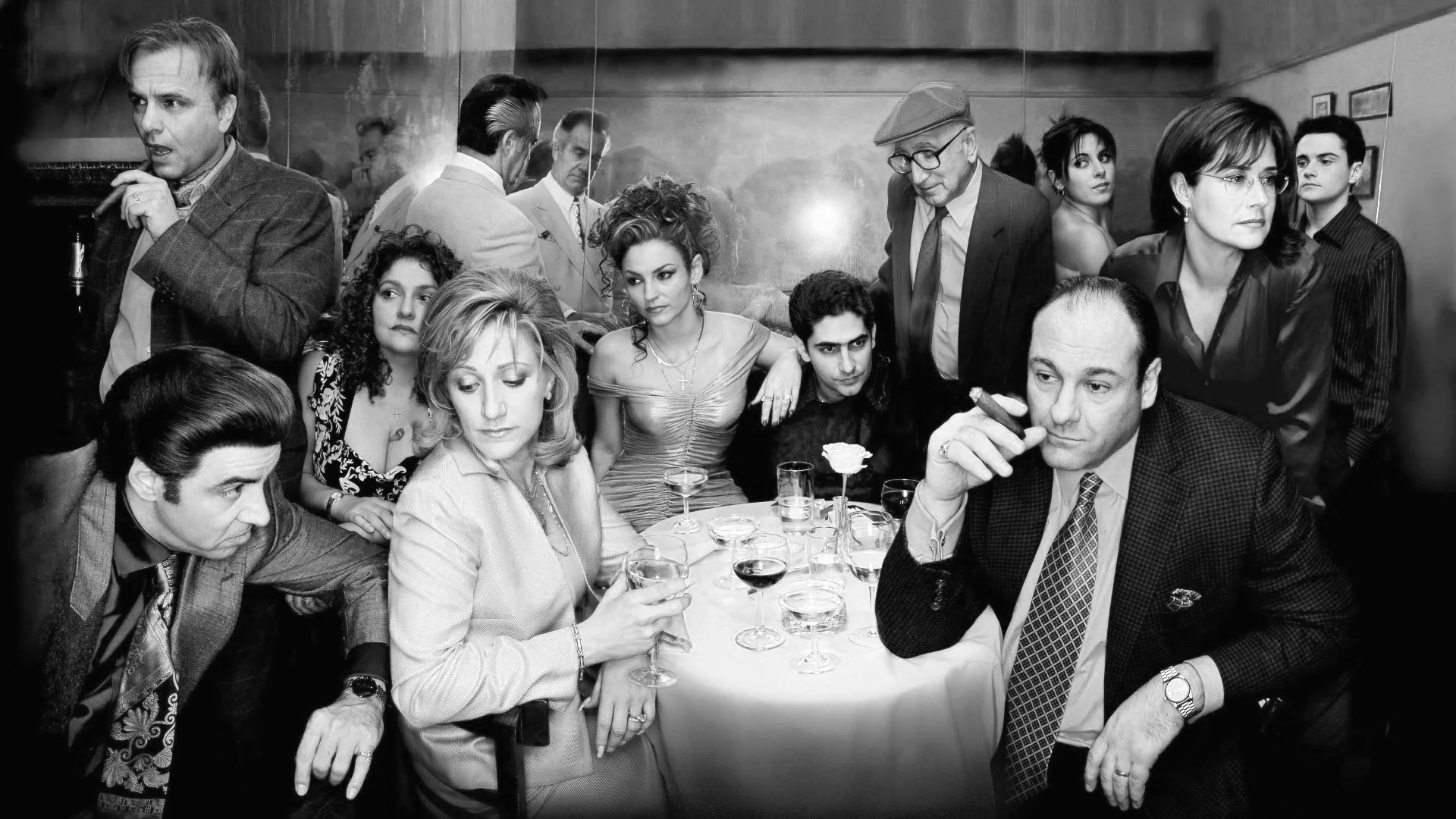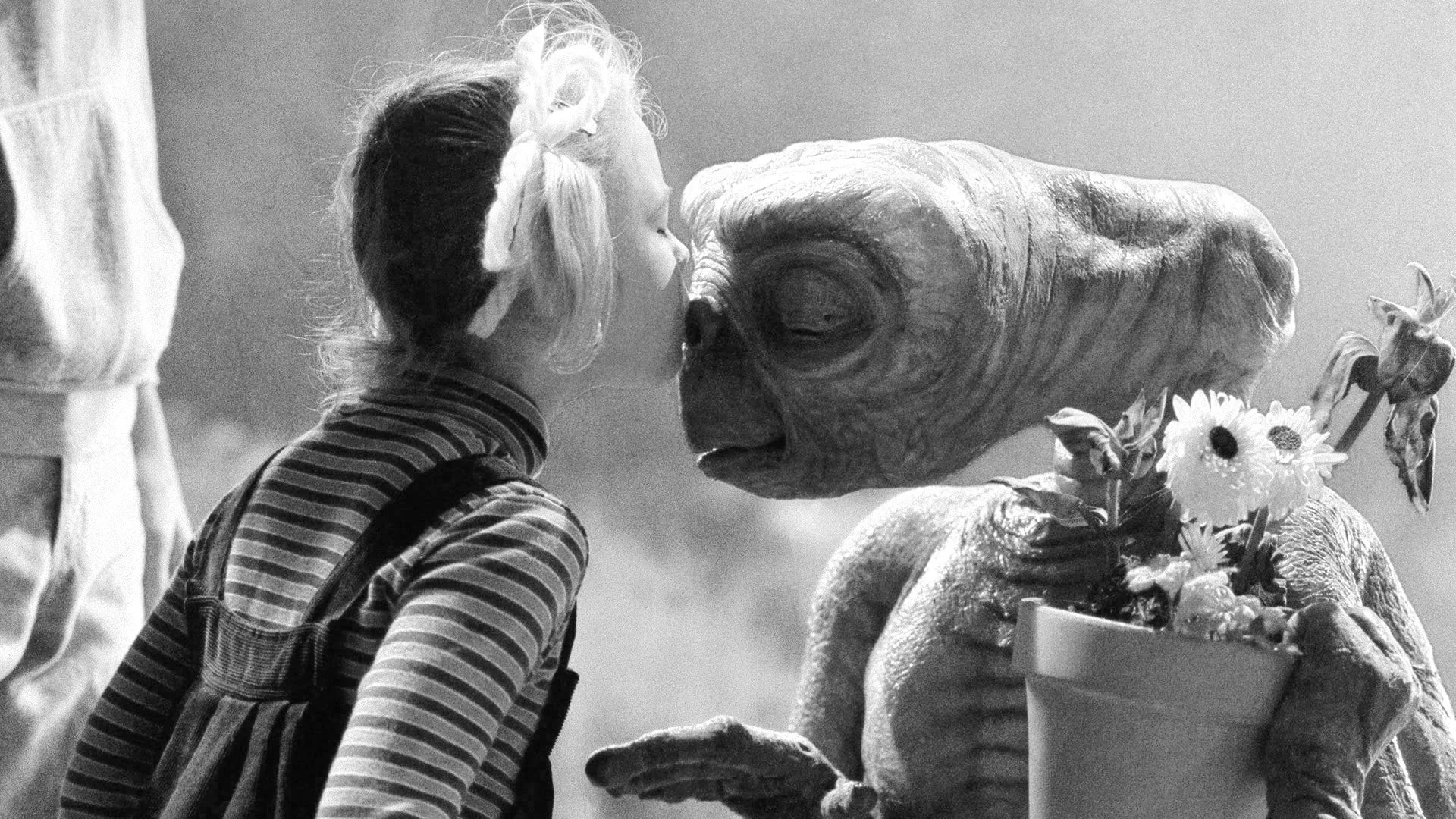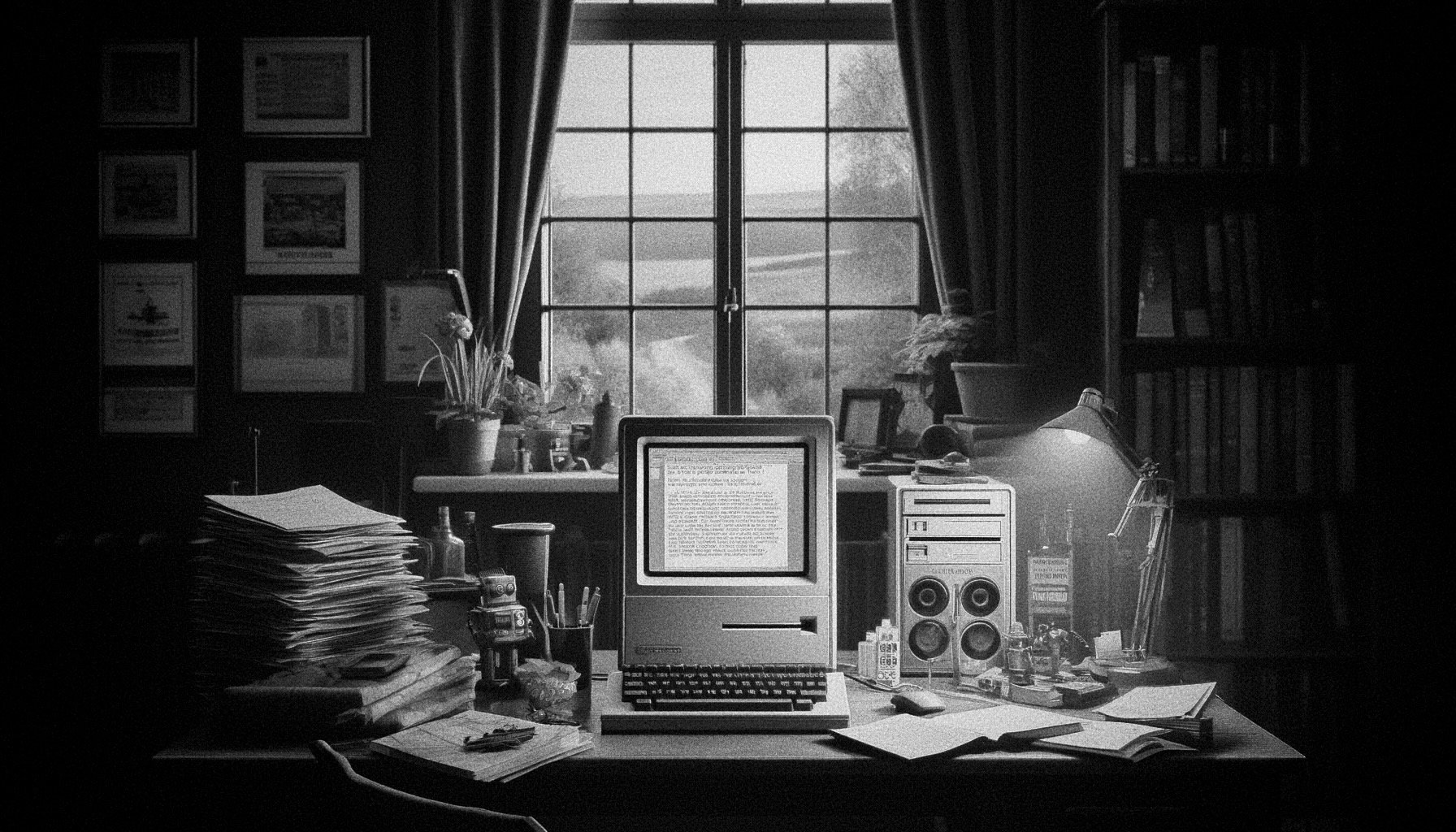
Singin’ In The Rain (1952)
Singin' in the Rain (1952), directed by Stanley Donen and Gene Kelly, is a classic Hollywood musical about the making of movies. Set in 1927, the film tells the story of Don Lockwood and Lina Lamont, a famous on-screen couple. Kelly plays Don, who effortlessly makes the transition to talking pictures, while his partner Lina (Jean Hagen) struggles to keep up. Lina has a shrill, unpleasant voice and is a stupid blonde who thinks she is in love with her leading man, Don Lockwood, because she read it in a fan magazine.
The Wizard of Oz (1939)
The Wizard of Oz, directed by Victor Fleming and released in 1939, is one of the most beloved films in American cinema. Adapted from L. Frank Baum's 1900 novel The Wonderful Wizard of Oz, the film is a Technicolor marvel that transports viewers to the magical land of Oz, where Dorothy Gale (Judy Garland) embarks on a journey to return home. It is a landmark in film history for its pioneering use of color, innovative special effects, and timeless themes of friendship, courage, and self-discovery. The film's profound cultural impact, coupled with its technical achievements, have made it an enduring classic.
Stranger Things (2016)
»Stranger Things,« created by the Duffer Brothers and debuting in 2016, captivated audiences with its nostalgic homage to '80s science fiction and horror, blending compelling storytelling, engaging characters, and supernatural elements. Set in 1980s Hawkins, Indiana, the series follows a group of young friends searching for their missing friend Will Byers, becoming intertwined with a girl named Eleven who has telekinetic powers, all while dealing with the chilling alternate dimension known as the Upside-Down. The show's authentic '80s atmosphere, meticulously crafted characters, and expert balance of supernatural suspense with human drama have made it a cultural phenomenon with a devoted fan base.
The Man in the High Castle (2015)
»The Man in the High Castle,« developed by Frank Spotnitz, presents a chilling alternate history where the Axis Powers won World War II, captivating audiences with its meticulous world-building and exploration of resistance, identity, and truth. Set in a dystopian U.S. divided between Japanese and Nazi control, the series follows characters like Juliana Crain, who discovers a film reel showing an alternate reality, pushing her towards resistance and unraveling intricate political and personal dilemmas. The show's attention to detail, complex characters, and intellectual depth create a thought-provoking narrative that questions the nature of power, truth, and human agency.
Lost (2004)
»Lost,« created by J.J. Abrams and Damon Lindelof, captivated audiences in 2004 with its intricate storytelling, complex characters, and enigmatic mysteries, blending elements of mystery, science fiction, and character-driven drama. The series follows a diverse group of plane crash survivors stranded on a mysterious island, using a narrative structure that switches between present events and character flashbacks to reveal the interconnected lives and internal conflicts of its ensemble cast. The first season's compelling characters, atmospheric island setting, and intricate web of supernatural intrigue and philosophical themes created an immersive viewing experience, leaving a lasting impact on television storytelling.
The Sopranos (1999)
»The Sopranos,« created by David Chase, premiered in 1999 and revolutionized television storytelling with its gritty and introspective exploration of mob boss Tony Soprano's personal and professional life. The first season delves into Tony's psyche as he begins therapy, revealing his struggles with anxiety, depression, and the moral implications of his criminal lifestyle, while also providing a fresh, multi-dimensional portrayal of organized crime through its well-developed supporting characters. With its exceptional writing, balance of drama and dark comedy, and exploration of universal themes like identity and existentialism, "The Sopranos" set a high standard for immersive storytelling and remains a timeless classic in television history.
Ghost in the Shell (1995)
Directed by Mamoru Oshii, Ghost in the Shell (1995) is a groundbreaking animated film that explores philosophical questions about identity, humanity, and technology's impact on society, blending science fiction, cyberpunk, and existentialism. Set in a dystopian future where cybernetic enhancements blur the line between humans and machines, Major Motoko Kusanagi, a cyborg officer, investigates a hacker known as the Puppet Master, leading her to question her own nature and existence. The film's striking visuals, multi-dimensional characters, and deep thematic exploration of existence, individuality, and technological integration have significantly influenced the cyberpunk and science fiction genres, inspiring works like The Matrix series and Westworld.
The Hidden Fortress (1958)
Directed by Akira Kurosawa, The Hidden Fortress (1958) is a seminal samurai epic set in feudal Japan that explores themes of honor, loyalty, and redemption through innovative storytelling and detailed character development. The film follows two bumbling peasants, Tahei and Matashichi, who become entangled in a civil war and assist a princess and her general in transporting gold across enemy lines, blending tension, humor, and action. Renowned for its visual storytelling, character transformation, and narrative structure, The Hidden Fortress has significantly influenced cinema, notably inspiring George Lucas's Star Wars, and remains a testament to Kurosawa's filmmaking prowess.
Captain Marvel (2019)
When Captain Marvel soared into theaters in 2019, it carried the weight of unprecedented expectations. As the first female-led film in the Marvel Cinematic Universe's then 21-movie run, it represented both a long-overdue milestone and a litmus test for whether superhero cinema's most successful franchise could finally give a woman warrior her due. The resulting film, while groundbreaking in its mere existence, reveals both the promises and limitations of attempting progressive representation within Hollywood's most carefully calibrated creative machine.
The Seven Samurai (1954)
Directed by Akira Kurosawa, The Seven Samurai (1954) is a landmark film that has profoundly influenced global cinema with its exploration of universal themes like courage, sacrifice, and the value of human life. Set in 16th-century feudal Japan, the film follows seven samurai, led by Kambei, who are hired to defend a besieged village from bandits, forging deep bonds and alliances along the way. Kurosawa's nuanced storytelling, rich character development, and dynamic visual composition highlight the human condition and the complexities of honor and duty, cementing The Seven Samurai as a timeless masterpiece.
Tokyo Story (1953)
In Yasujirō Ozu's "Tokyo Story" (1953), an elderly couple, Shukichi and Tomi Hirayama, travel to Tokyo to visit their busy adult children, only to find themselves facing the indifference and preoccupation of their offspring. The film poignantly explores generational gaps and the bittersweet nature of life's fleeting moments through Ozu's gentle pacing and detailed observation of family dynamics. As the Hirayamas navigate their emotional journey, they encounter moments of unexpected compassion, underscoring the transient nature of life and the enduring significance of familial bonds.
E.T. - The Extra-Terrestrial (1982)
Directed by Steven Spielberg, "E.T." (1982) is a heartwarming science fiction film that has enchanted audiences for decades with its timeless themes of friendship, adventure, and belonging. The story centers on the extraordinary bond between a young boy named Elliott and a stranded alien, as they and their friends navigate secrecy and help E.T. return home, highlighting the profound impact of their friendship. Spielberg captures the essence of childhood innocence and wonder, balancing tender moments with thrilling sequences, and creating iconic imagery that has left an indelible mark on popular culture and filmmaking.
Bridge of Spies (2015)
»Bridge of Spies,« directed by Steven Spielberg, is a gripping historical drama set during the Cold War, following American lawyer James B. Donovan (Tom Hanks) as he negotiates the release of captured American pilot Francis Gary Powers. Despite facing public criticism and personal risks, Donovan defends Soviet spy Rudolf Abel (Mark Rylance) to ensure a fair trial, highlighting the importance of justice and due process. Spielberg's masterful direction, coupled with outstanding performances, especially by Hanks and Rylance, underscores the film's exploration of moral dilemmas, empathy, and the human cost of Cold War politics.
Raiders of the Lost Ark (1981)
»Raiders of the Lost Ark,« directed by Steven Spielberg and released in 1981, is an iconic action-adventure film that introduced Indiana Jones (Harrison Ford), an archaeologist racing against Nazi agents to find the Ark of the Covenant. Set in the 1930s, the film blends thrilling action sequences with archaeological discoveries and features memorable characters like Marion Ravenwood (Karen Allen) and the villainous Belloq (Paul Freeman). Spielberg's masterful storytelling, Ford's charismatic performance, and the film's perfect balance of action, humor, and heart make it a timeless classic that continues to captivate audiences.
Duel (1971)
Directed by Steven Spielberg and released in 1971, "Duel" is a gripping psychological thriller that established Spielberg's talent as a master storyteller early in his career. The film follows David Mann (Dennis Weaver), an ordinary businessman pursued by a mysterious and malevolent truck driver on a desolate California highway, turning a straightforward premise into a heart-pounding tale of suspense. With meticulous framing, pacing, and a compelling performance by Weaver, "Duel" explores themes of obsession and the terror of the unknown, showcasing Spielberg's ability to create tension and psychological depth through minimal dialogue and visual storytelling.
Magnum P.I. (1980)
The 1980s classic Magnum, P.I. is the epitome of an American TV show. Its combination of action, mystery and drama is perfectly complemented by the show's depiction of the laid-back, sun-soaked atmosphere of Hawaii. Magnum, P.I. was created by Donald P. Bellisario and Glen A. Larson and starred Tom Selleck in the title role. It became a cultural phenomenon in the 1980s. The series is renowned for its unforgettable protagonist, the iconic Ferrari, the breathtaking Hawaiian scenery, and its impeccable fusion of crime-solving and lighthearted dialogue. The following is a comprehensive analysis of the show, focusing on its characters, themes, cultural impact, and its enduring legacy.
Ex Machina (2015)
»Ex Machina,« directed by Alex Garland and released in 2015, is a thought-provoking science fiction film exploring the ethical implications of artificial intelligence (AI). The story follows Caleb (Domhnall Gleeson), a young programmer who, after winning a competition, spends a week with Nathan (Oscar Isaac), the CEO of a tech company, to evaluate an advanced AI named Ava (Alicia Vikander) through a Turing test. As Caleb interacts with Ava, he becomes entangled in a web of trust and manipulation, leading to profound questions about consciousness, free will, gender dynamics, and the responsibilities of creating sentient beings, all brought to life through mesmerizing performances and striking cinematography.
Her (2013)
Her (2013), directed by Spike Jonze, is an unflinchingly honest and emotionally rich science fiction romance that boldly explores the complexities of love, technology, and human connection in an increasingly digital world. Set in a near-future where artificial intelligence (AI) plays a significant role in everyday life, Her presents a deeply introspective narrative about loneliness, intimacy, and the evolving nature of relationships. Jonze's film offers a definitive examination of the blurred lines between human and machine, and what it means to love in a world dominated by technology.



